The world has been taken by storm by artificial intelligence (AI). Almost every industry of the global economy is adopting AI for a wide range of functions.
It has several potential uses, such as process automation, predictive analysis, fraud detection, enhanced customer experience, etc.
If you want to educate yourself about AI and its principles, the best place to start is with the Top Artificial Intelligence Books for self-learning.
The future of technological and economic progress is predicted to involve AI. Because of this, AI engineers and programmers will have a lot more career options in the next years. Let’s say you are really interested in learning more about AI and pursuing a career in the industry even though you have no prior experience.
The books on artificial intelligence listed below will be very useful in that situation:
Top Artificial Intelligence Books for Beginners
Here is a list of the top artificial intelligence books for beginners:
1. Machine Learning for Beginners
by Chris Sebastian
Machine Learning for Beginners is intended for complete beginners, as suggested by the title.

It traces the development of machine learning from its earliest days to the present. It explains the value of huge data for machine learning and how programmers develop learning algorithms with it.
In-depth explanations are provided for concepts like AI, neural networks, swarm intelligence, etc.
The reader of this Artificial Intelligence book can easily comprehend the complex math and probability statistics that underlie machine learning thanks to the book’s straightforward examples.
It also offers examples of how machine learning algorithms enhance our daily lives in the actual world.
2. Artificial Intelligence: A Modern Approach
by Stuart Russell and Peter Norvig
Many people believe that this book on artificial intelligence is among the greatest books on AI for beginners.
It provides an overview of the major AI-related subjects and is less technical. Because of the writing’s simplicity, all ideas and explanations are clear to the reader.
Search algorithms, game theory, multi-agent systems, statistical Natural Language Processing, local search planning techniques, and other topics are among the issues discussed.
Without going into detail, the book also briefly mentions advanced AI topics. Overall, this book is essential for everyone interested in learning about AI.
3. Artificial Intelligence and Machine Learning
by Vinod Chandra S. S.
This book’s target audience is undergraduate and graduate students in computer science and engineering.
The gap between the difficult environments of artificial intelligence and machine learning is revealed in the book.
Case studies and examples with worked solutions are used to illustrate each concept.
Other types of learning are also included, such as reinforcement learning, supervised learning, unsupervised learning, statistical learning, artificial intelligence, and machine learning.
The book is highly beneficial for beginners who want to launch their careers in AI because it provides clearly explained algorithms and pseudo-codes for each topic.
4. Machine Learning for Dummies

by John Paul Mueller and Luca Massaron
This book serves as an entry point for beginners in machine learning.
It covers basic concepts, practical applications, and introduces coding in Python and R.
Readers learn how to analyze data and perform pattern-oriented tasks using machine learning techniques.
5. Make Your Own Neural Network

by Tariq Rashid
This book offers a step-by-step journey through neural network mathematics.
Readers are encouraged to build their own neural networks using Python.
Divided into three parts, it covers mathematical concepts, practical implementation, and insights into the functioning of neural networks.
6. Fundamentals of Machine Learning for Predictive Data Analytics

by John D. Kelleher, Brian Mac Namee, and Aoife D’Arcy
This book covers the fundamentals of machine learning and its practical applications in predictive analytics.
It explains four main approaches using simple terms and includes algorithms, mathematical models, and real-life examples.
It is suitable for readers with basic technical knowledge.

7. The Hundred-Page Machine Learning Book
by Andriy Burkov
Considered an excellent introduction to machine learning, this book covers major approaches from linear regression to deep learning.
It provides practical recommendations based on the author’s experience and helps readers understand the mathematical foundations of machine learning algorithms.
8. Machine Learning: The New AI
by Ethem Alpaydin
The New AI provides a short summary of machine learning. It outlines its history, explains crucial learning algorithms, and provides examples of applications.

It puts the current machine learning boom in perspective by describing how digital technology has developed from number-crunching machines to mobile devices.
The artificial intelligence book provides instances of how machine learning is applied in real-world situations and how it has impacted our way of life.
Additionally, it covers the potential of machine learning as well as its moral and legal implications for data security and privacy.
This book is engaging and simple to understand for anyone without a background in computer science.

9. Artificial Intelligence for Humans
by Jeff Heaton
This book offers an overview of AI algorithms with a focus on readers without an extensive mathematical background.
It covers fundamental AI algorithms, such as linear regression and clustering, through numeric calculations and examples.
It is accessible to those with basic programming and algebra knowledge.
10. Artificial Intelligence: The Basics

by Kevin Warwick
Providing a basic overview of AI, this book explores different AI aspects and implementation methods.
It discusses the history, current state, and future of AI, along with recommendations for further reading.
It is a concise read for anyone interested in gaining a quick understanding of AI.
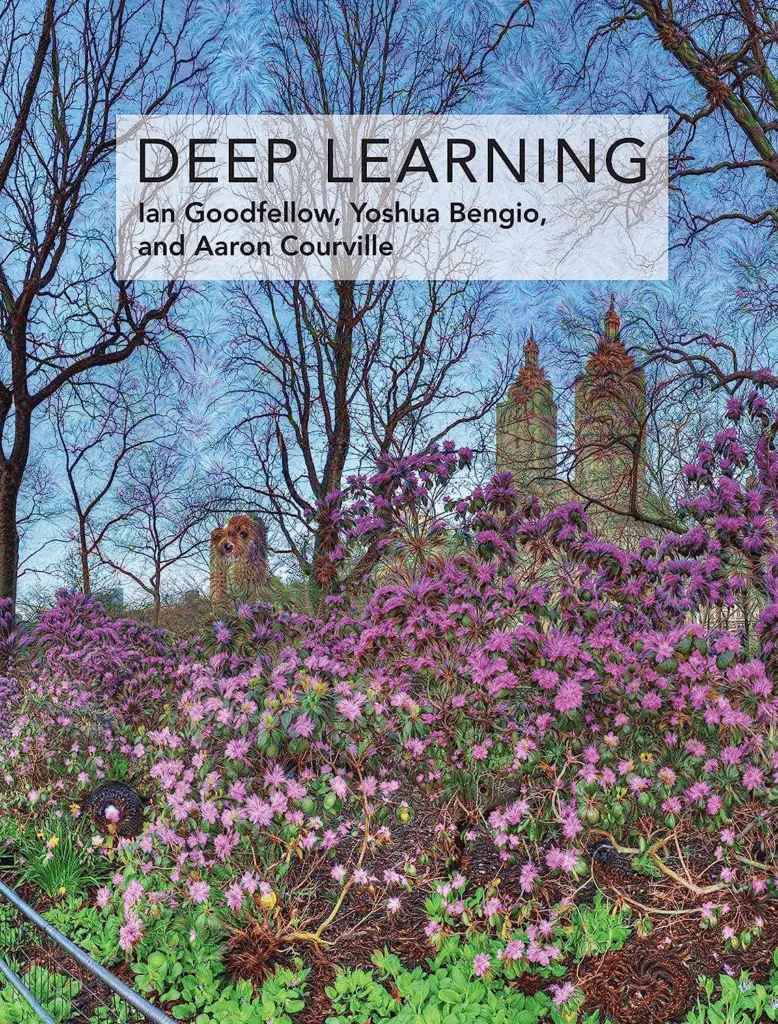
11. Deep Learning
by Ian Goodfellow, Yoshua Bengio, and Aaron Courville
Considered a comprehensive reference on deep learning, this book covers both theoretical foundations and practical applications.
It explores neural networks, optimization algorithms, and deep learning architectures, providing insights into cutting-edge techniques and research.
12. Pattern Recognition and Machine Learning
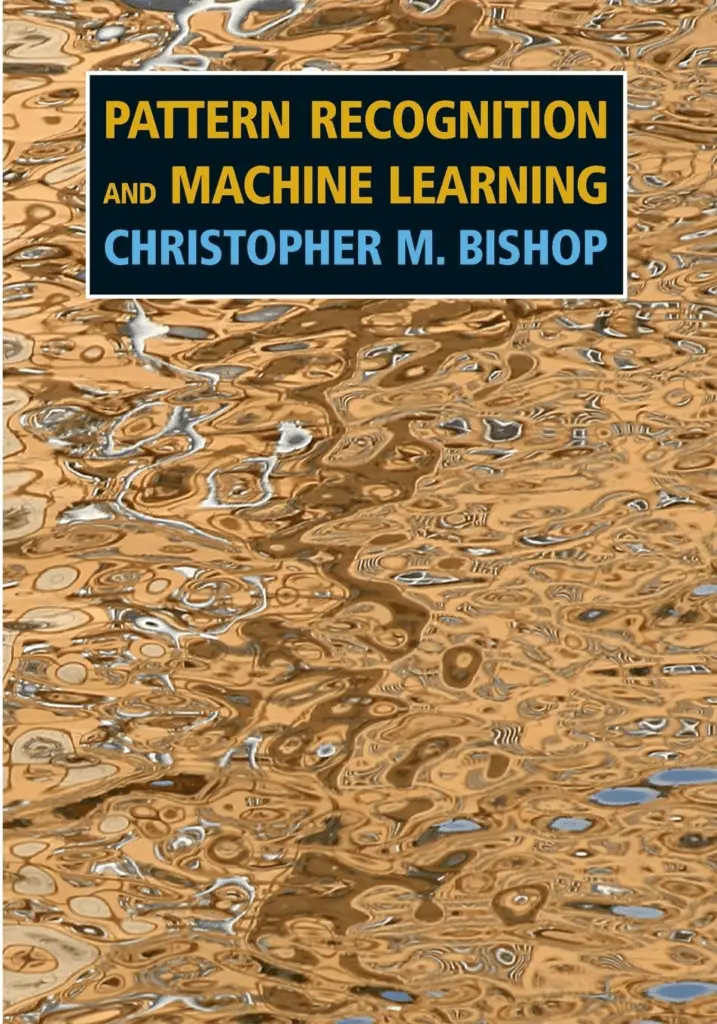
by Christopher M. Bishop
This book combines pattern recognition and machine learning techniques, providing a comprehensive introduction to both fields.
It covers various algorithms, statistical modeling, and inference methods. With a focus on practical examples, it is widely used in academic and industrial settings.
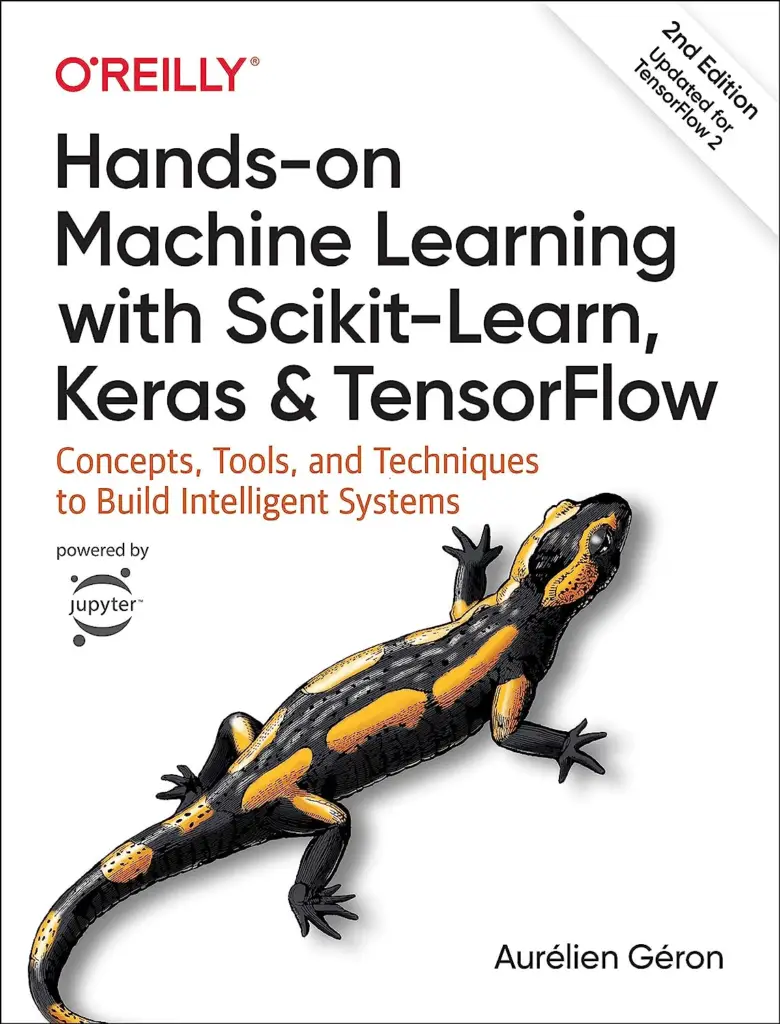
13. Hands-On Machine Learning
by Aurélien Géron
Targeting practitioners, this book offers a hands-on approach to machine learning using popular Python libraries.
It covers fundamental concepts, data preprocessing, model evaluation, and deep learning techniques.
It includes practical exercises and real-world projects to enhance learning.
14. Machine Learning: A Probabilistic Perspective
by Kevin P. Murphy
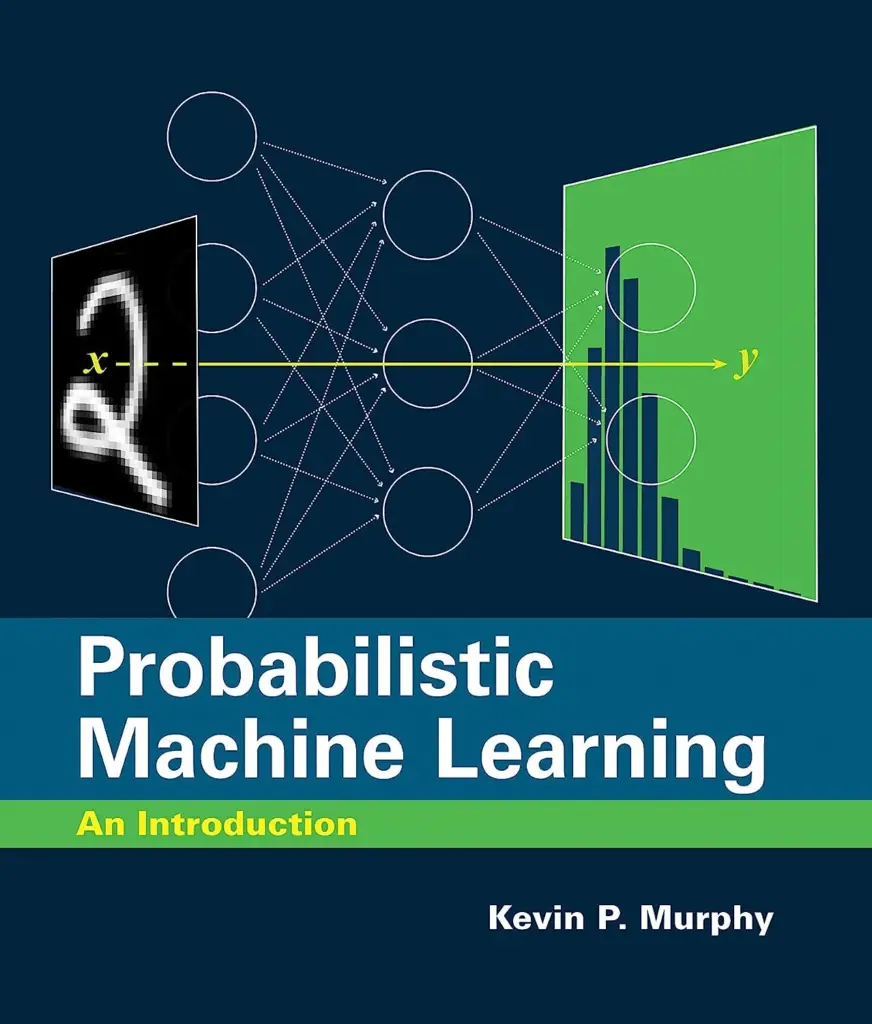
This comprehensive book covers machine learning from a probabilistic perspective.
It covers topics like generative models, Bayesian inference, and graphical models.
It provides mathematical derivations, practical examples, and insights into various machine learning algorithms and their applications.
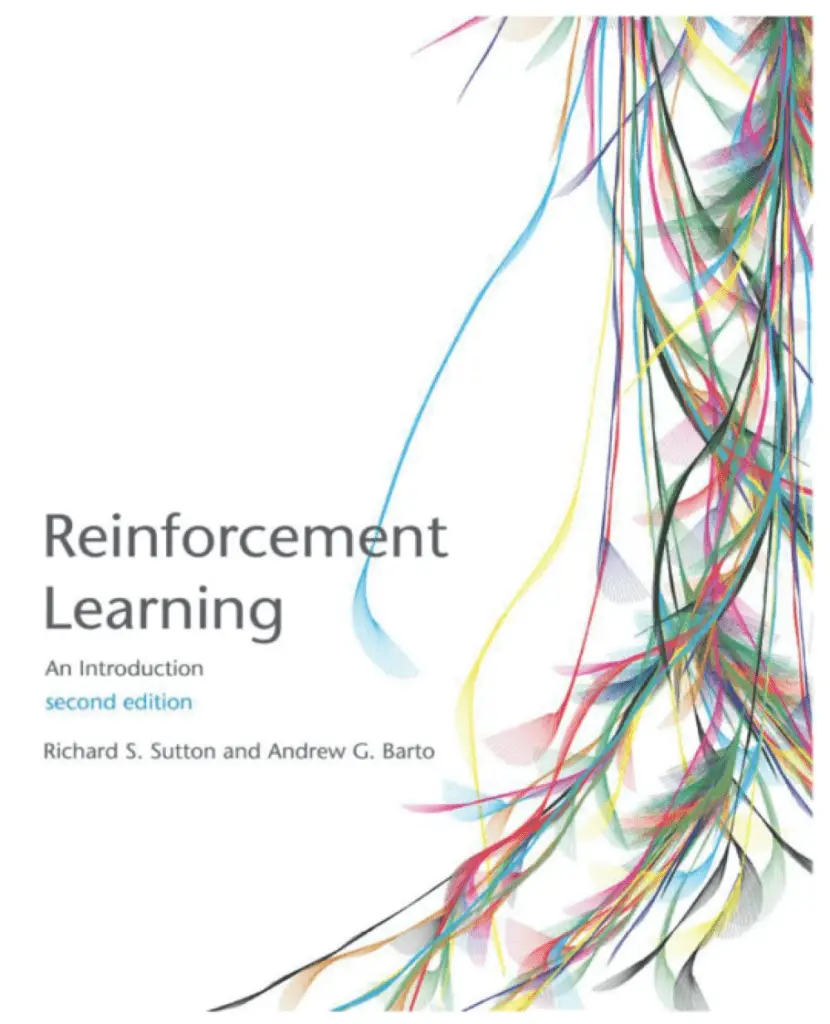
15. Reinforcement Learning
by Richard S. Sutton and Andrew G. Barto
Considered a standard text on reinforcement learning, this book covers the foundations of the field.
It explains the basics of Markov decision processes, temporal-difference learning, and explores algorithms such as Q-learning and policy gradients.
It is suitable for both beginners and advanced learners.
16. Python Machine Learning
by Sebastian Raschka and Vahid Mirjalili
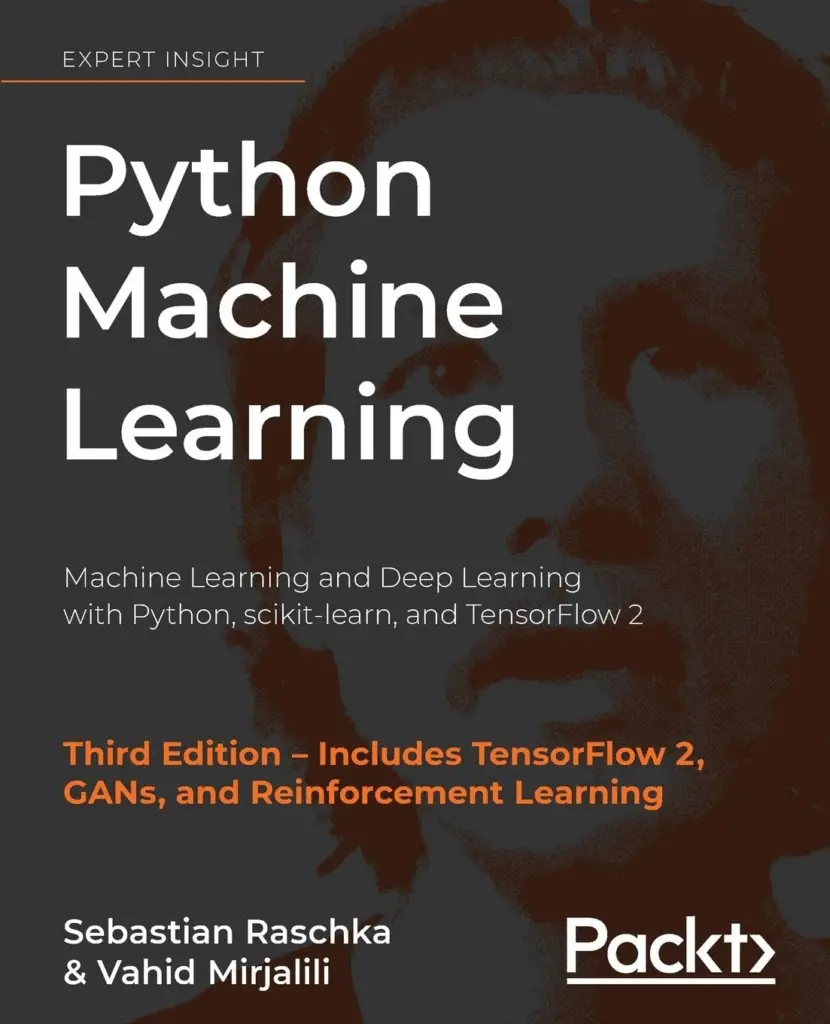
This book covers machine learning algorithms and their implementation in Python.
It explores topics like data preprocessing, feature selection, and model evaluation.
It also covers popular libraries such as scikit-learn and TensorFlow.
It is suitable for beginners and intermediate learners.
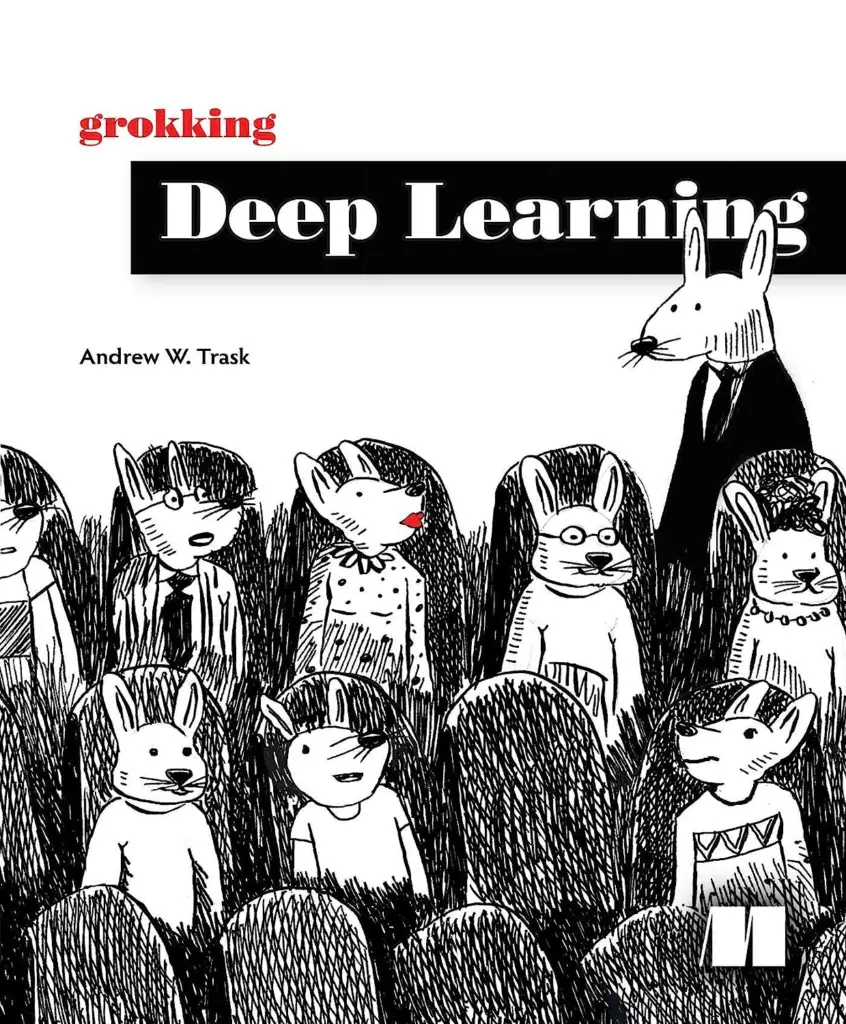
17. Grokking Deep Learning
by Andrew Trask
This book takes a practical approach to deep learning, focusing on intuitive explanations and code examples.
It covers fundamental concepts, including neural networks, gradient descent, and convolutional networks.
It uses Python and the PyTorch library to demonstrate the implementation of various models.
18. Bayesian Reasoning and Machine Learning
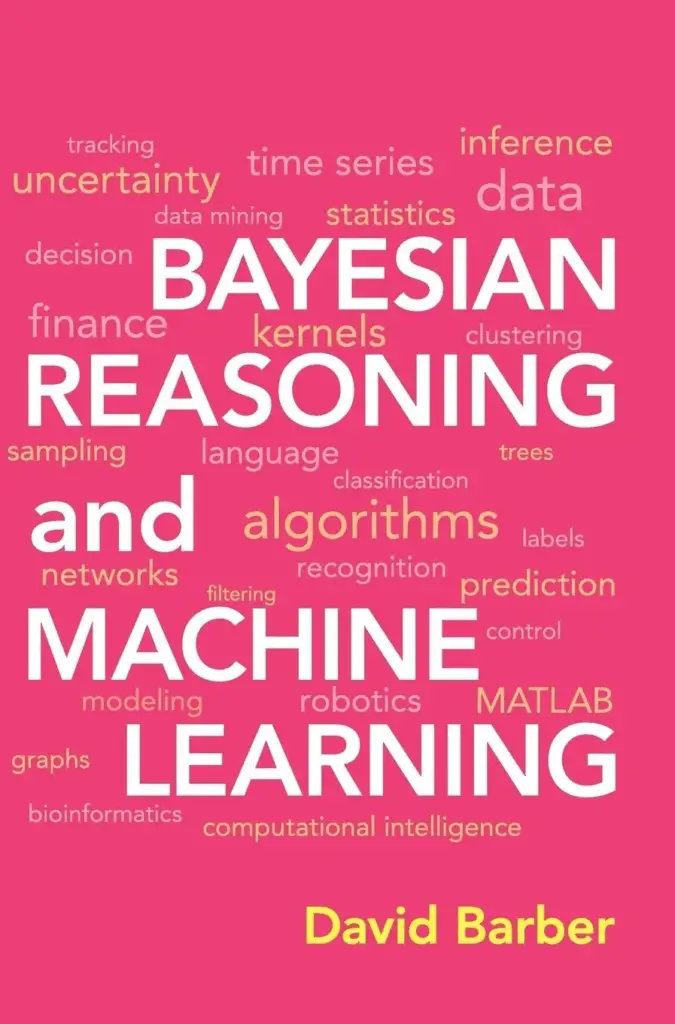
by David Barber
Blending Bayesian reasoning and machine learning, this book provides a comprehensive introduction to probabilistic modeling and inference techniques.
It covers topics such as graphical models, Bayesian networks, and Gaussian processes. It is suitable for readers with a mathematical background.
19. The Master Algorithm
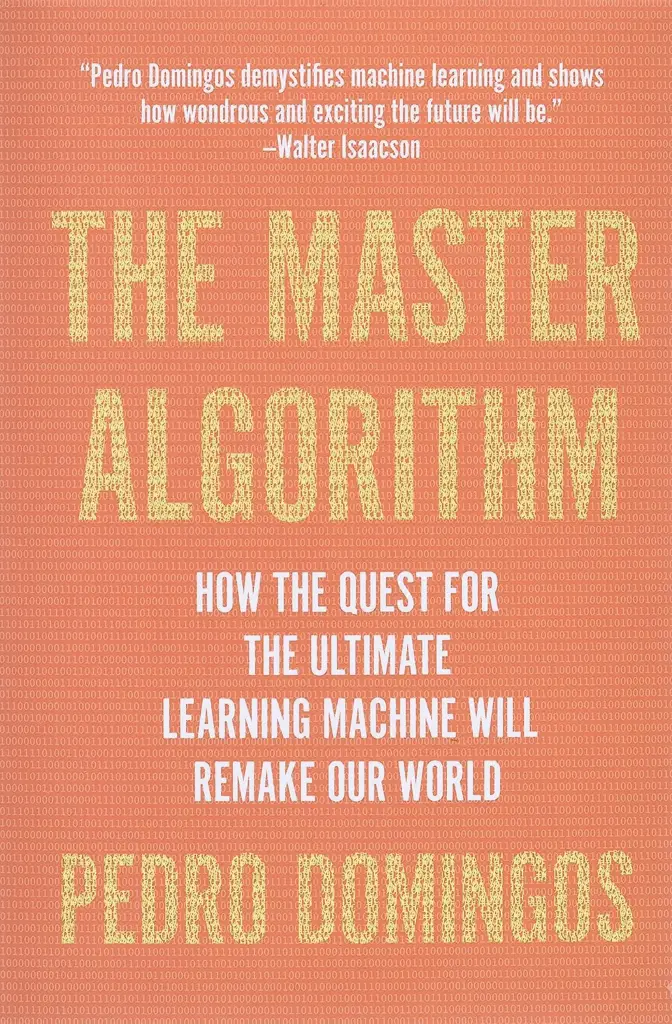
by Pedro Domingos
This book explores the idea of a “master algorithm” that can solve any problem and revolutionize the world.
It covers different approaches to machine learning, their strengths and weaknesses, and discusses the implications of a unified learning framework.
It is suitable for general readers interested in the future of AI.



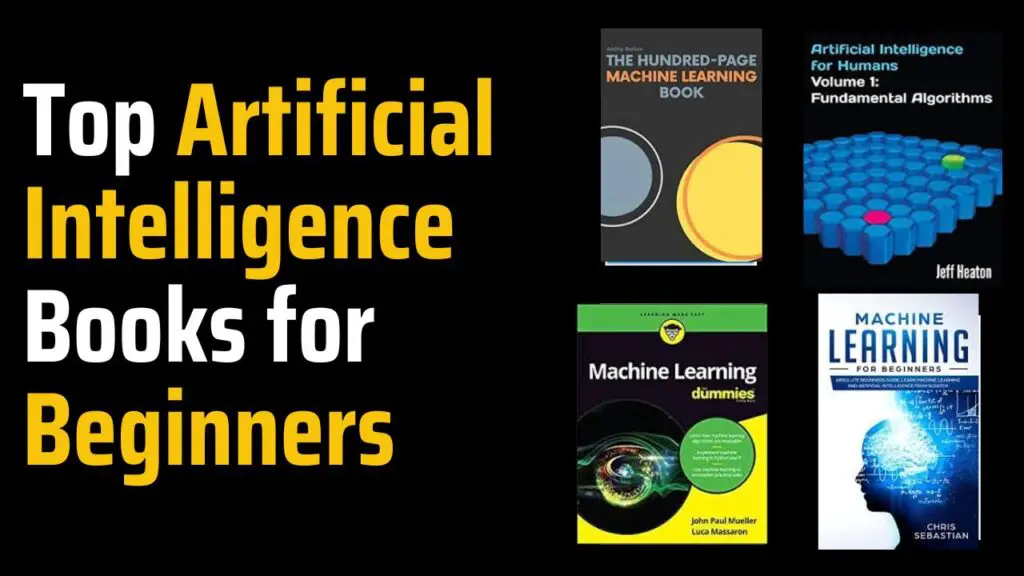


1 Comment
I really enjoyed this list of books for beginners in artificial intelligence! I’m a recent graduate with a degree in computer science, and I’m looking to get started in the field, so this list will be very helpful. Thanks for compiling